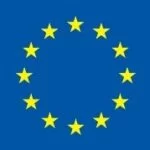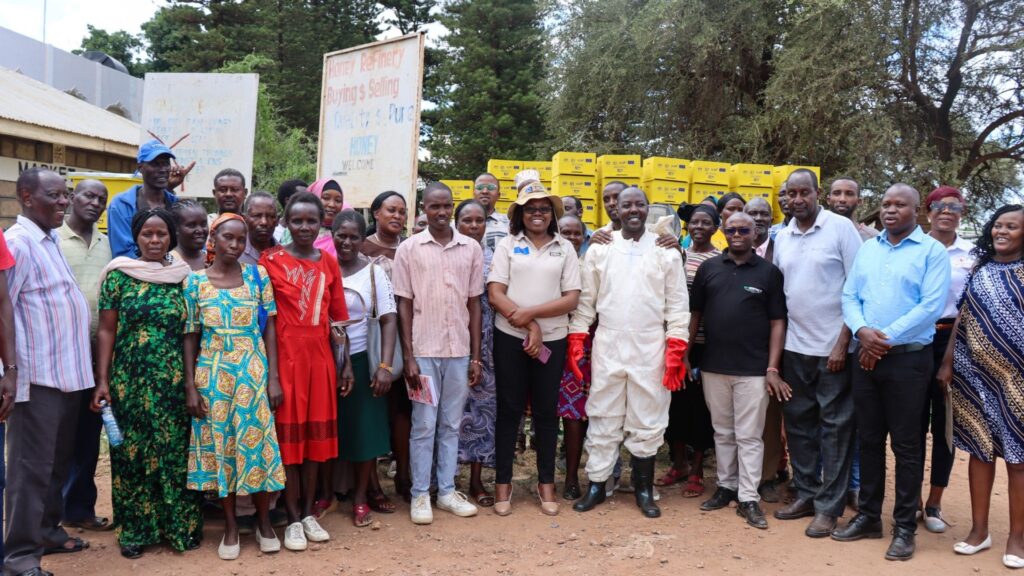
The 17th of June 2024 marks the World Day to Combat Desertification and Drought, an annual event sponsored by the United Nations to raise awareness and stimulate concrete actions for people threatened by this calamity.
On this occasion, we want to highlight the valuable work being done in Kenya through the project DRIC (Building Drought Resilience in Isiolo County), an initiative funded by the European Union and implemented by a consortium of five non-governmental organizations, including E4Impact Foundation Vétérinaires sans Frontières–Suisse/Kenya (VSF-S/K), Amref Kenya, Social Ministry Research Network Centre (SOMIRENEC) and WeWorld Onlus.
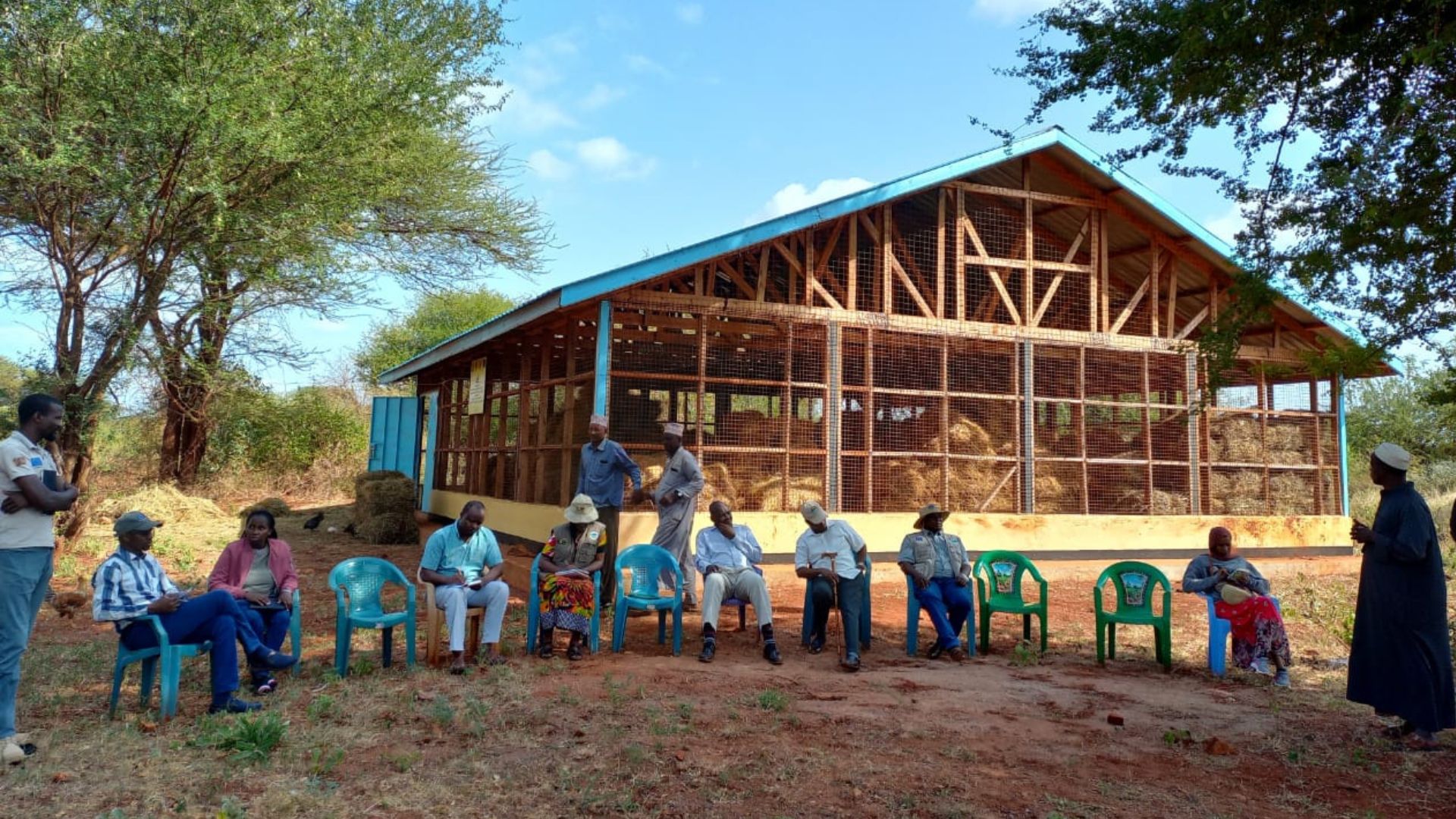
The project, which lasts 48 months, was established to support pastoralist and agro-pastoralist communities in Isiolo County in Kenya, an area particularly prone to drought and other negative consequences of climate change. The interventions were in line with the NDMA (National Drought Management Authority) program and with the Kenyan government’s “Ending Drought Emergencies” (EDE) strategy, which focuses on the country’s 23 drought-prone counties.
The goals of the project were clear and ambitious: to increase the resilience of local communities to droughts and climate change, improve food and nutrition security, and reduce child malnutrition.
The results? Increased household income, increased sales, improved access to financial and market resources thanks to the links established during the project, business expansion, and the creation of new enterprises.
But let’s see together which sectors were involved in DRIC activities and how the project supported the beneficiaries.
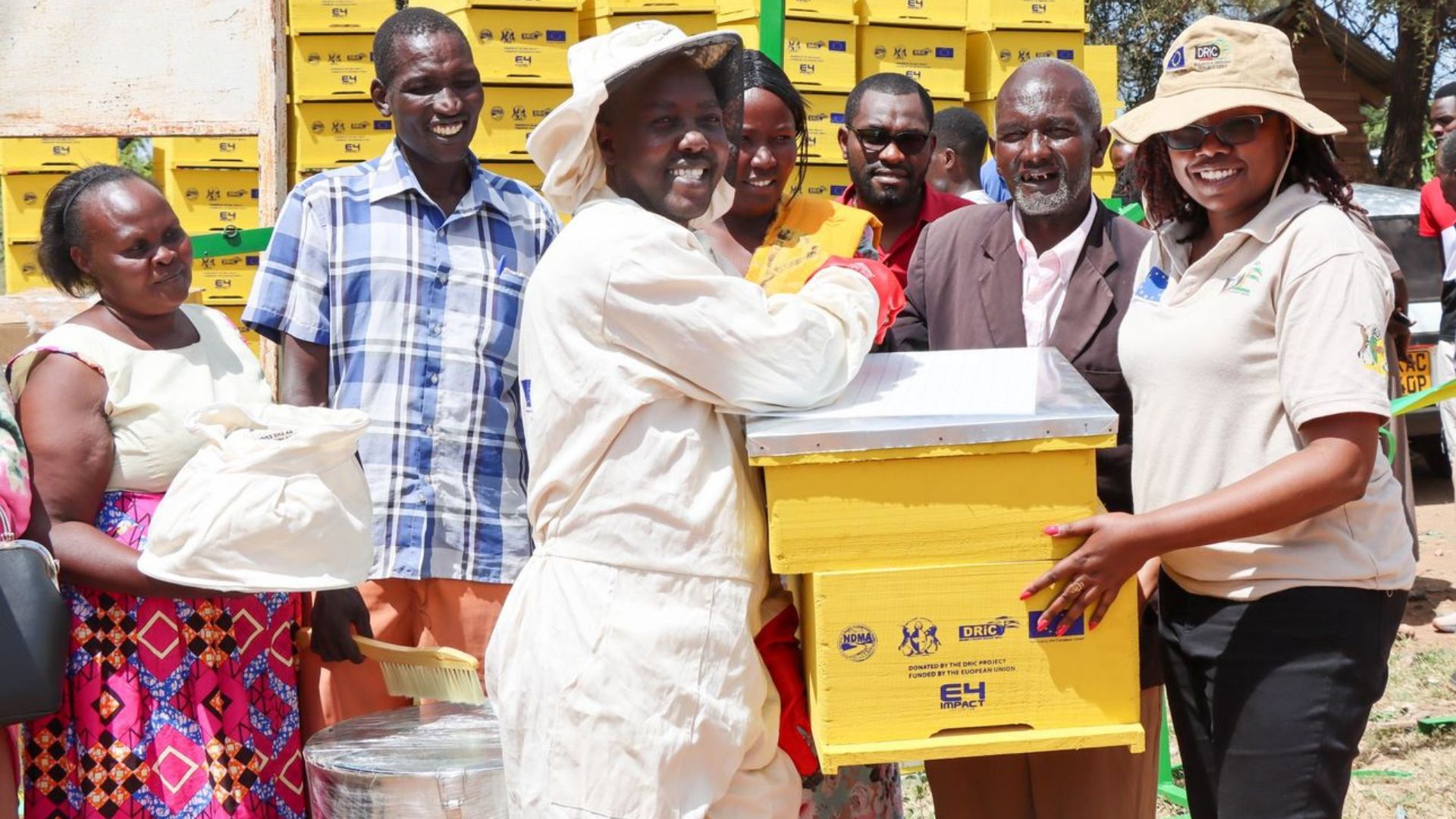
Fodder, the key livestock-raising activity, has always been conducted with traditional practices, which do not bear the brunt of climate change, leading local communities to suffer huge losses.
To contrast this negative trend and help beneficiaries to develop effective solutions to this problem, E4Impact, in collaboration with project partners and local stakeholders, has committed to providing customized technical and entrepreneurial training sessions to 14 cooperatives participating in the project. In addition, recognizing the importance of market expansion, the Foundation supported the participation of cooperative representatives in trade fairs and key industry events.
Among the positive results, we can list a considerable increase in income streams and savings, improved access to financial resources, and diversification of market opportunities. Not only that: the community members have begun to see fodder as a business opportunity and a factor that can improve their resilience to climate crises.
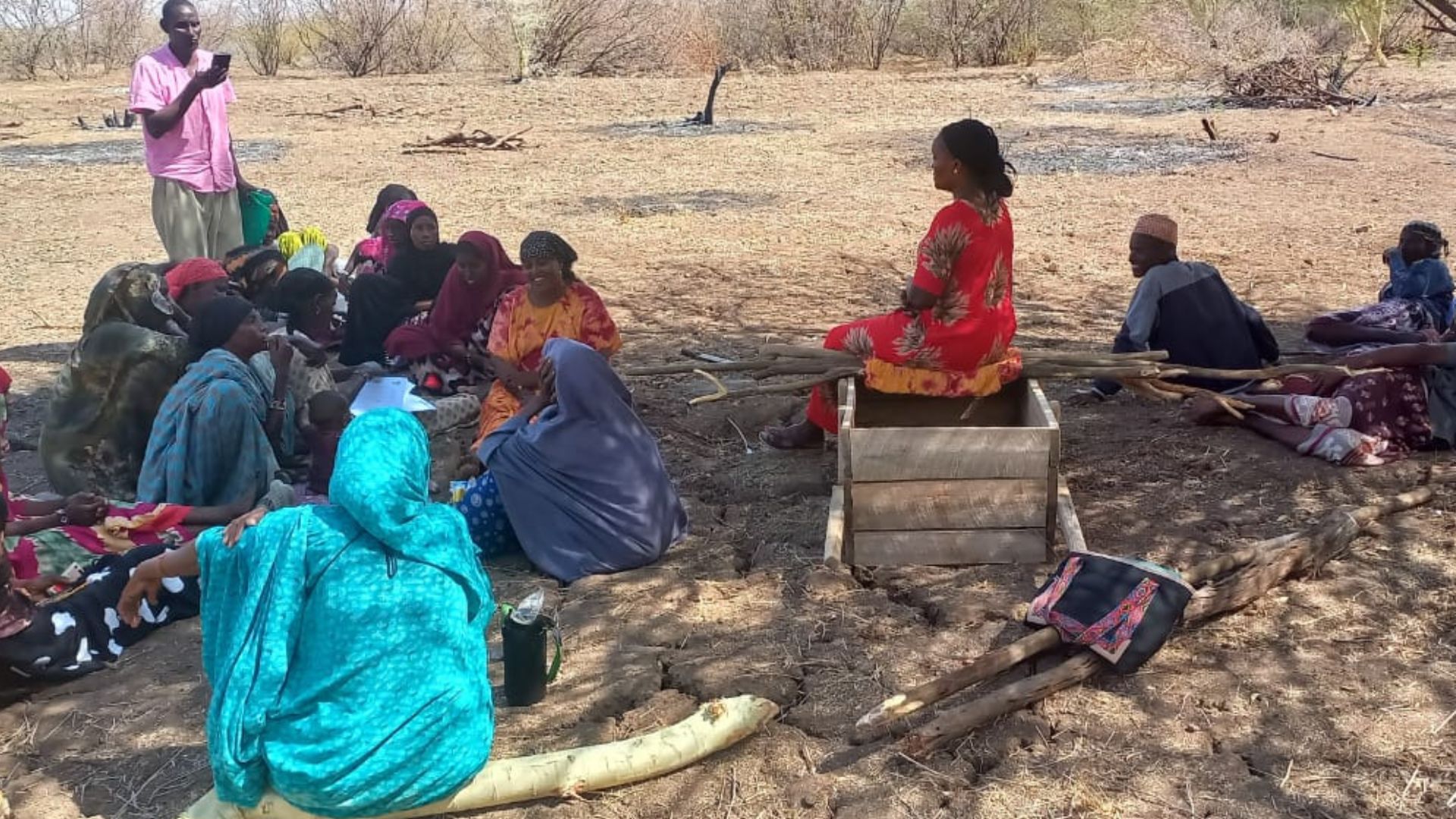
Another area that has seen considerable changes as a result of the DRIC project is the honey production. Isiolo, with its abundance of acacia trees, favorable environment, and large plots of land, is an ideal place for beekeeping and for the production of pure organic honey.
The DRIC project intervention made it possible to make the most of local resources and to train groups of women and youth on proper beekeeping practices, from installing hives to harvesting honey. To improve the sustainability of the processes, the groups also took part in several training modules, including those on business model design, group management, marketing, financial modeling, value addition, and strategic branding, with the goal of increasing product visibility, through online marketing.
As a result of the training and support received, these groups have significantly increased the production and sale of their honey, as happened for example to the women of Kambi ya Juu, who have gone from selling 50 kg to over 600 kg of honey per month. The Isiolo honey, now well packaged and with a recognizable brand name, has gained significant national visibility, opening new markets and increasing income for the families involved.
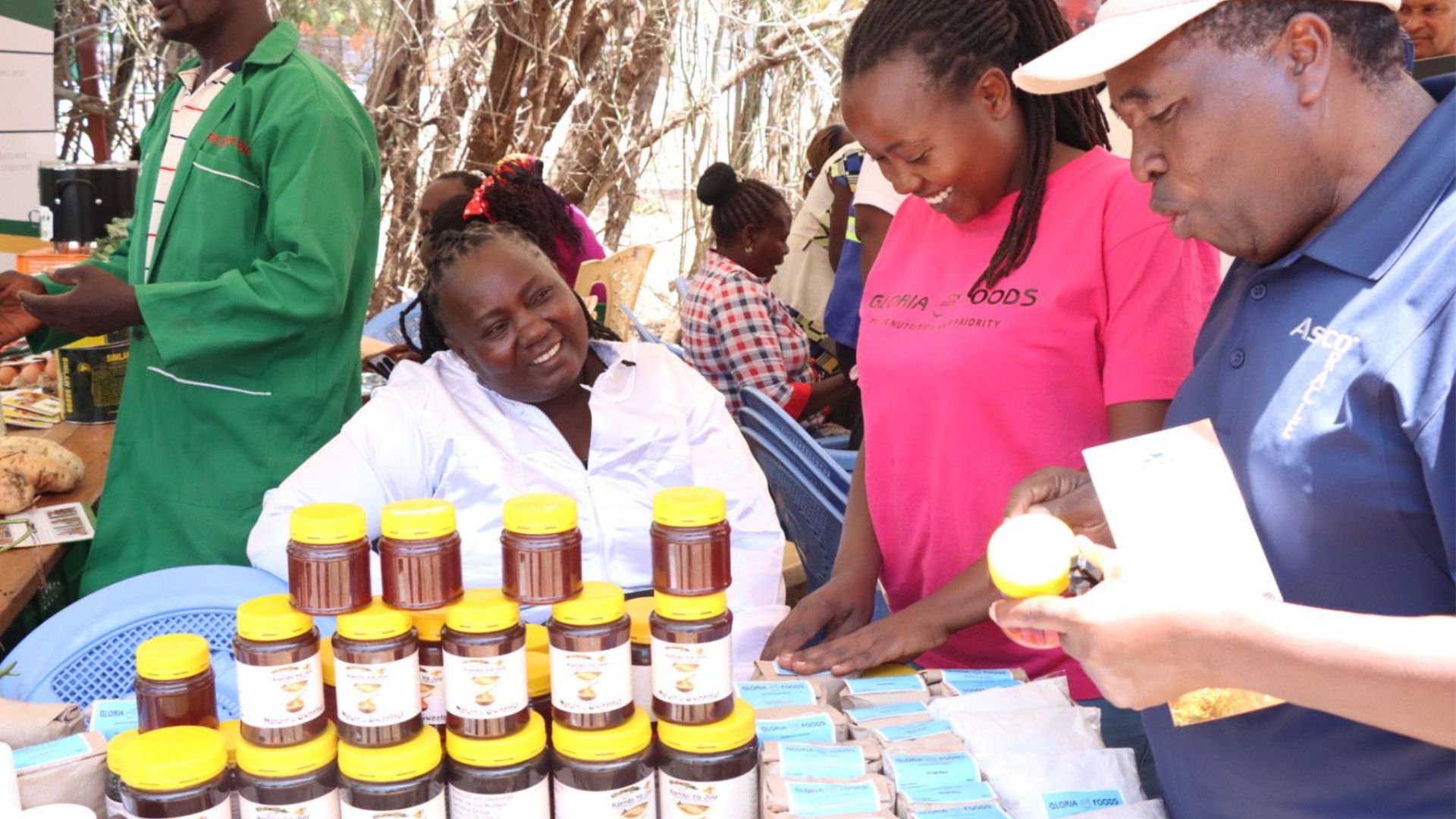
An innovative aspect of the DRIC project was certainly the introduction of the “e-Isiolo” platform for online marketing. Indeed, this online marketing platform has enabled local producers involved in the project to reach wider markets and to significantly increase product sales.
Online trade has been a paradigm shift for many communities, allowing them to bypass middlemen and get better prices for their products. This has been an innovation that has had a direct impact on the quality of life for households, demonstrating how modern technologies can play a crucial role in rural development.
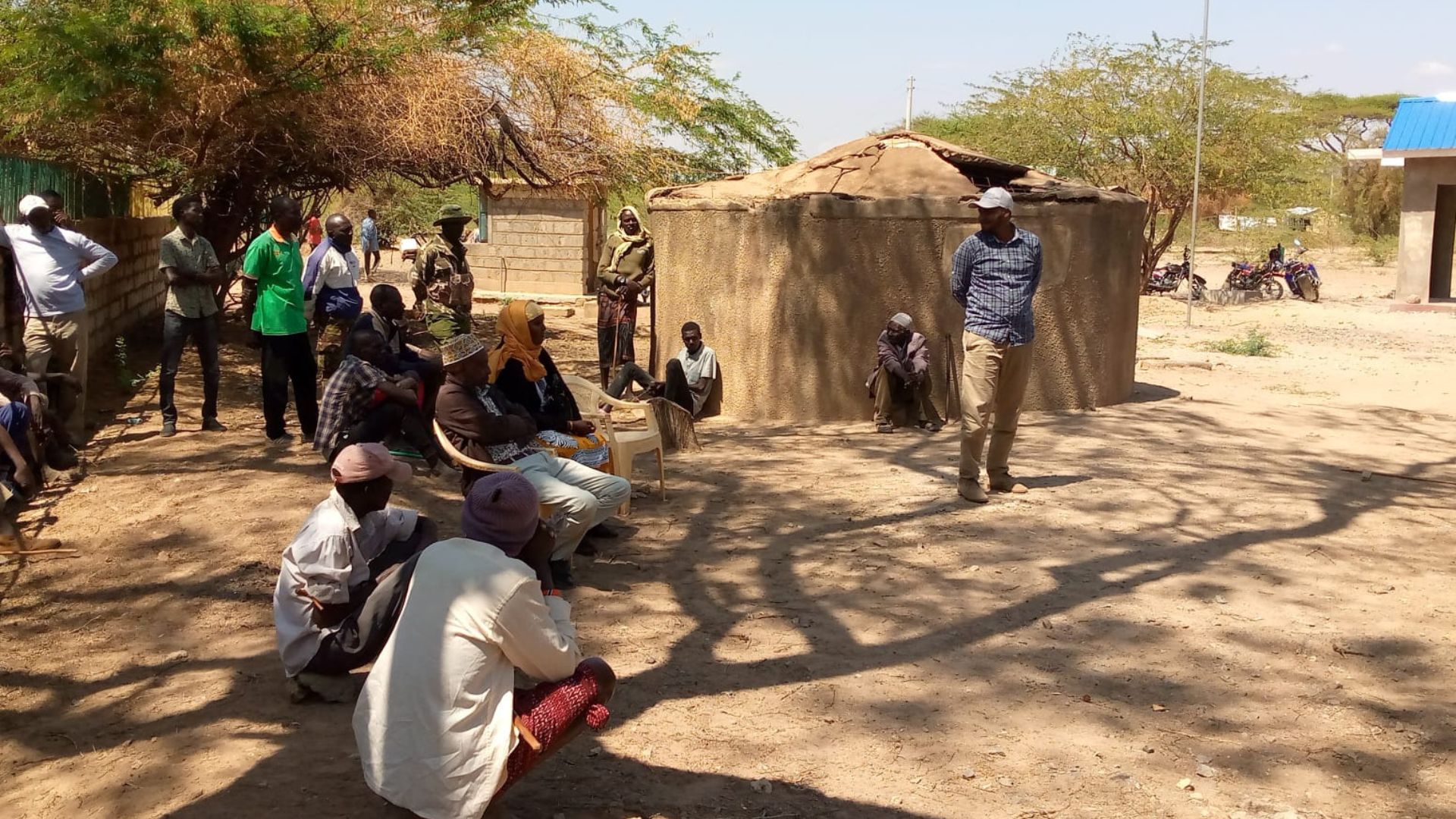
The DRIC project is an emblematic example of how targeted and collaborative interventions can build resilience and promote sustainability in vulnerable contexts. The fusion of traditional and innovative practices to expand economic opportunities, combined with local capacity building, show that it is possible to address the challenges posed by desertification and drought through innovation, cooperation, and an ongoing commitment to sustainable development.
There is still a great deal of work to do here, but initiatives like DRIC ignite hope. We now know that despite climate change, it is still possible to build a better future for people living in regions affected by desertification and drought.
